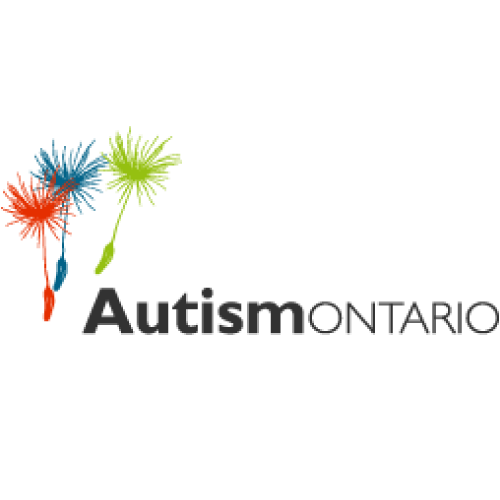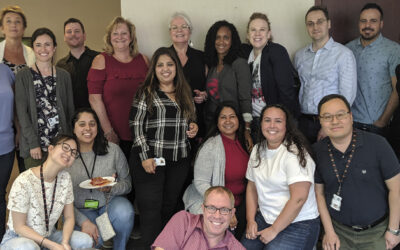September is Autism Awareness Month so we are sharing some information and research about this spectrum of brain disorders. The term “spectrum” in ASD refers to the wide range of symptoms and severity. Many similar brain disorders were previously considered separate issues (autism, Asperger’s syndrome, childhood disintegrative disorder), but now, due to research, it is known that they all have common roots.
The Mayo Clinic defines autism spectrum disorder as a condition related to brain development that impacts how a person perceives and socializes with others. The disorders cause problems in social interaction and communication in varying degrees.
What else defines autism?
- Autism disorders always start early in life, at birth or in the early years of life.
- There is currently no cure for any of the known disorders, but early treatment can make a huge difference to children.
- Each child with autism spectrum disorder is likely to have a unique pattern of behavior and level of severity — from low functioning to high functioning.
- Boys are 4x more likely to have some form of autism than girls.

Common signs of autism spectrum disorder according to the Mayo Clinic
- Failure to respond to his or her name or appears not to hear you at times.
- Resists being touched and seems to prefer playing/being alone, retreating into their own world.
- Poor eye contact and lacking facial expression.
- Speech issues including delayed language skills, inability to start or maintain a conversation and speaking in abnormal tone or rhythm.
- Doesn’t express emotions or feelings and may appear unaware of others’ feelings.
- Inappropriately approaches a social interaction by being passive, aggressive or disruptive.
- Has difficulty recognizing nonverbal cues, such as interpreting other people’s facial expressions, body postures or tone of voice.
- May perform repetitive movements, such as rocking, spinning or irregular hand movement.
- Fixates on objects or activities with abnormal intensity.
- Develops routines which they need to follow; any change can cause distress.
- Has very specific food preferences and refuses to deviate or change their routine.
- May have coordination issues.
However, everyone on the spectrum may or may not have some or all these issues/symptoms, which increases the difficulty of treating the problem.
In Ontario, support and research are done through Autism Ontario, one of 21 charities provided with unrestricted supported by Federated Health Charities.

“Discovering that I had Asperger Syndrome was a revelation, I finally knew why I was anti-social throughout my childhood, and why I have such difficulty with social situations and social cues,” says David Moloney, Autism Ontario board member. “Some of my struggles included finding suitable employment, and there were some experts that genuinely worked with me and helped me, and to ensure that I would be able to function as part of a team. And I’m forever grateful for those experts and the invaluable advice, perspective, and service that they provided me.”
Increased education of autism spectrum disorder has led to greater awareness, and Autism Ontario is working to ensure that awareness leads to greater access to supports for this living with and impacted by autism. To support them in this work, make a donation today.







